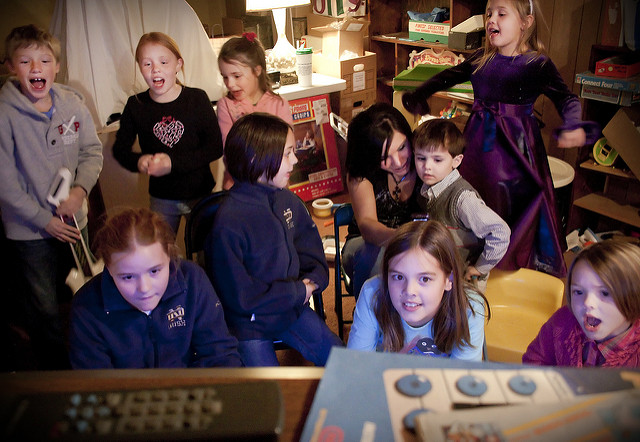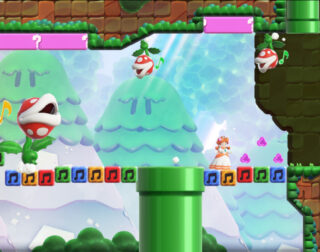Can playing video games and using technologies produce a sense of well-being and meaningful satisfaction for kids?
21st-Century technology has the potential to enrich the quality of people’s lives, not only as a tool for convenience and learning but also as a way to enrich psychological health. Playing and mastering video games, connecting with others on social media, and creating videos for YouTube can all lead to improvement in social emotional learning and resilience and a sense of fulfillment. Don’t believe it?
Psychologists who study positive psychology have examined the aspects of life that lead to a sense of well-being. Martin Seligman, the “father” of positive psychology, describes the five elements of well-being: a sense of positive emotion, engagement, relationships, meaning, and accomplishment. Well-being is not accidental but requires work and awareness via experiences that lead to personal growth. The path to a sense of well-being involves a set of actions and skills and a way of thinking about life and one’s experiences. Physical health, supportive family and friends, peer and adult modeling, and good fortune can also be important.
We call the 21st Century the Digital Age for a reason. Given the proliferation of screens and time spent with media, finding ways to use technological engagement to nurture positive psychology in children (and adults) should be a serious goal of game developers and educators. Some pioneers are already leading the way (see SuperBetter and Cove). Psychologists are beginning to examine how video games can improve social emotional health. and we now know that engagement with social media, and creative technological opportunities can improve an individual’s sense of well-being and enhance mindsets and skills that promote a sense of positive psychology. These mindsets and skills include:
Resilience: Behaviors or actions that are positive adaptations to stress, adversity, and risk. Nurturing skills to buffer against weaknesses in the storms of life .
Gratitude: Expressions of gratefulness. Behavior that reflects appreciation, grace, and thankfulness.
Purpose: The ability to find meaning outside oneself. Researchers have found that happiness can be gained through the expression of empathy and altruism and by purposefully doing good.
Cognitive Reframing: Being able to take a problem or difficult situation and adjust and solve problems.
Connectedness: Close social connections that help people feel safe, supported,and grounded in their lives with others.
Self-Assessment: Accurately identifying one’s strengths and weaknesses.
Control: A sense of control develops when one feels capable of striving for and achieving success.
While the language may vary, many companies and organizations are exploring how technologies can prompt and encourage the development of these skills and mindsets. Video games for kids such as the now-defunct IF…, organizations such as Games for Change and iThrive Games, and companies such as Ripple Effects are creating tools to improve resilience, skills in social emotional learning, and a sense of well-being.
At LearningWorks for Kids, our approach is always to start with the popular games and technologies that kids are already using and see how they can be transformed into teaching tools, opportunities to practice a skill, and supports for competency. To find games and apps for kids of all ages that build self-awareness skills like positive psychology, resilience, and emotional literacy, check out our Playbooks and App+ guides for games and apps like Thomas Was Alone, Gone Home, Star Wars: Uprising, Pokémon GO!, Toca TV and Toca Life: City.
Featured image: Flickr user Jeffrey Smith






I know several parents that say I don’t want my kid playing video games when they get older. I’m always like why? Their are so many benefits being discovered about video games that are very helpful in development of a child. From social skills, problem solving and certain video games can even help a child with ADHD. Nice Article & Good Points!